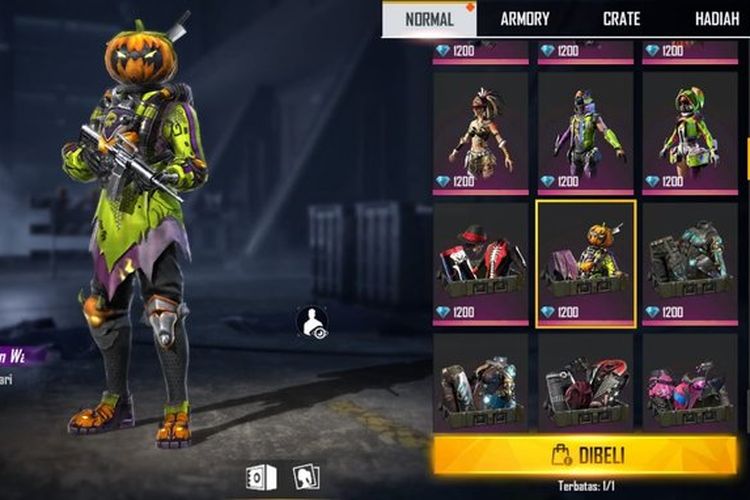The effectiveness of vaccines for the fight against Covid now seems confirmed by countless studies. The results, which came out of the monitoring of the vaccination campaign underway in Italy as in the rest of the world, confirm that the so-called messenger RNA vaccines offer high protection, sufficient to protect against the virus or, in any case, from the most serious infections. Initially it was believed that it could even reach a protection of 90%. Today, two new studies have confirmed the effectiveness of Pfizer and Moderna, but with slightly lower percentages.
The subjects who received the Pfizer vaccine, after six months, were less protected than those who had the Moderna. This decline is even more evident in elderly or in any case more fragile subjects. Unlike Moderna which – over time – seems to generate more antibodies. But the effectiveness of the vaccine, according to many experts, does not depend exclusively on the level of antibodies. In fact, some researchers believe that in the fight against Covid an important role is played by the so-called “immune memory”.
Future research should try to understand what efficacy really depends on, which can vary from subject to subject. The expected results will be essential to understand who will need additional doses and who can be exempted.
A recent US study looked at a group of patients (guests and nursing home staff) who received two doses of the Pfizer vaccine. What emerged was that the antibody levels in both groups decreased over time. Specifically, of the people observed, those with an average age of 76 years (120 patients residing in the facility) recorded a much lower level of antibodies than the younger staff. Over the months, the number of antibodies still dropped (increasingly drastically) among the older adults, while two weeks after the second dose, neutralizing antibodies had fallen below the detection level in about 16% of the residents in the homes of treatment that they had not had Covid before the vaccinations. Six months after vaccination, 70% of these had extremely low levels.
That the vaccine’s effectiveness may depend on the age and physical condition of people, moreover, could be confirmed by the data of the US study which speaks of a decrease in the level of antibodies in only 16% of the youngest healthcare workers involved (64 in total), six months after inoculation.
But which of the vaccines is more effective?
Knowing which of the Pfizer and Moderna vaccines is more effective does not change the lives of Italians much, who in any case cannot choose which drug to receive. But a comparison is a must. Another conducted in Belgium shows that people who received the Moderna vaccine produced, on average, twice as many antibodies as those who received the Pfizer vaccine. The study, published in the Journal of the American Medical Association, also found that Moderna produces higher antibody levels in all age groups.
Comparing the data with those collected by a team of researchers from the University of Virginia, it was found that antibody levels after the second vaccine were about 50% higher in people who received the Moderna vaccine. In any case, all scientists seem to converge on a common statement. Both vaccines work and protect against severe forms of Covid.
–


